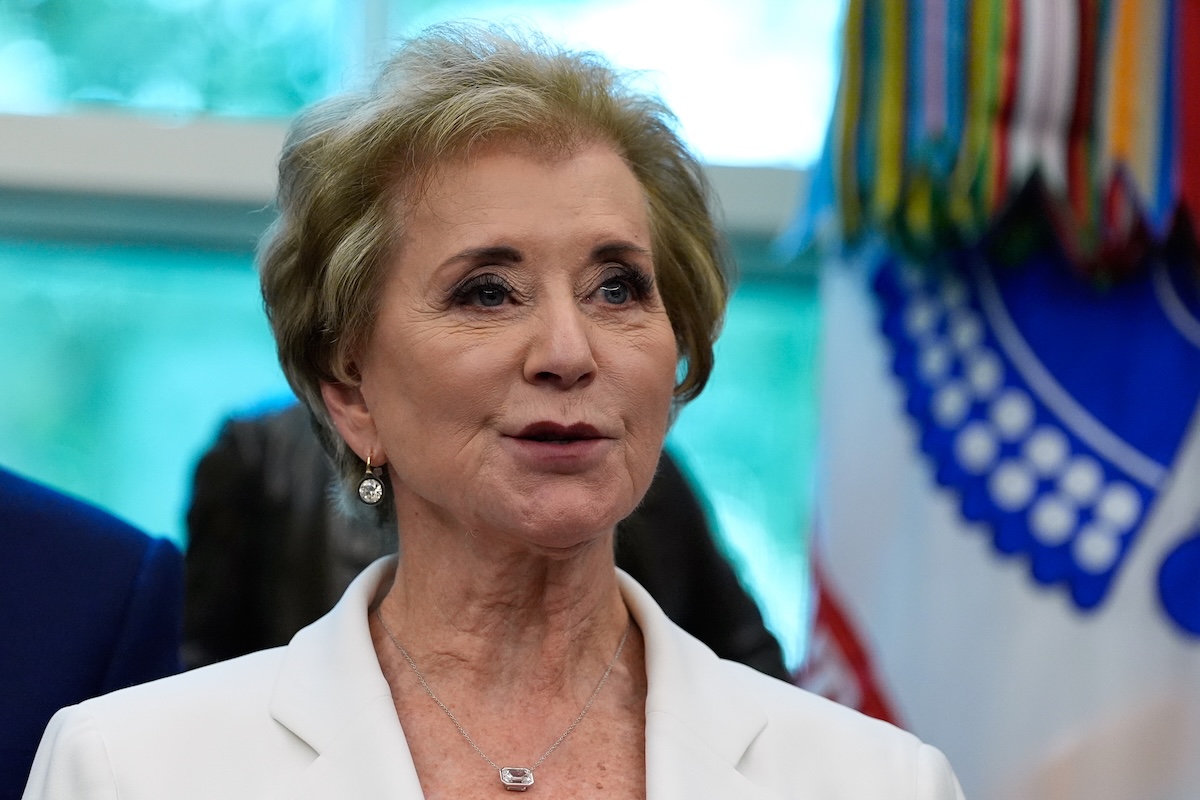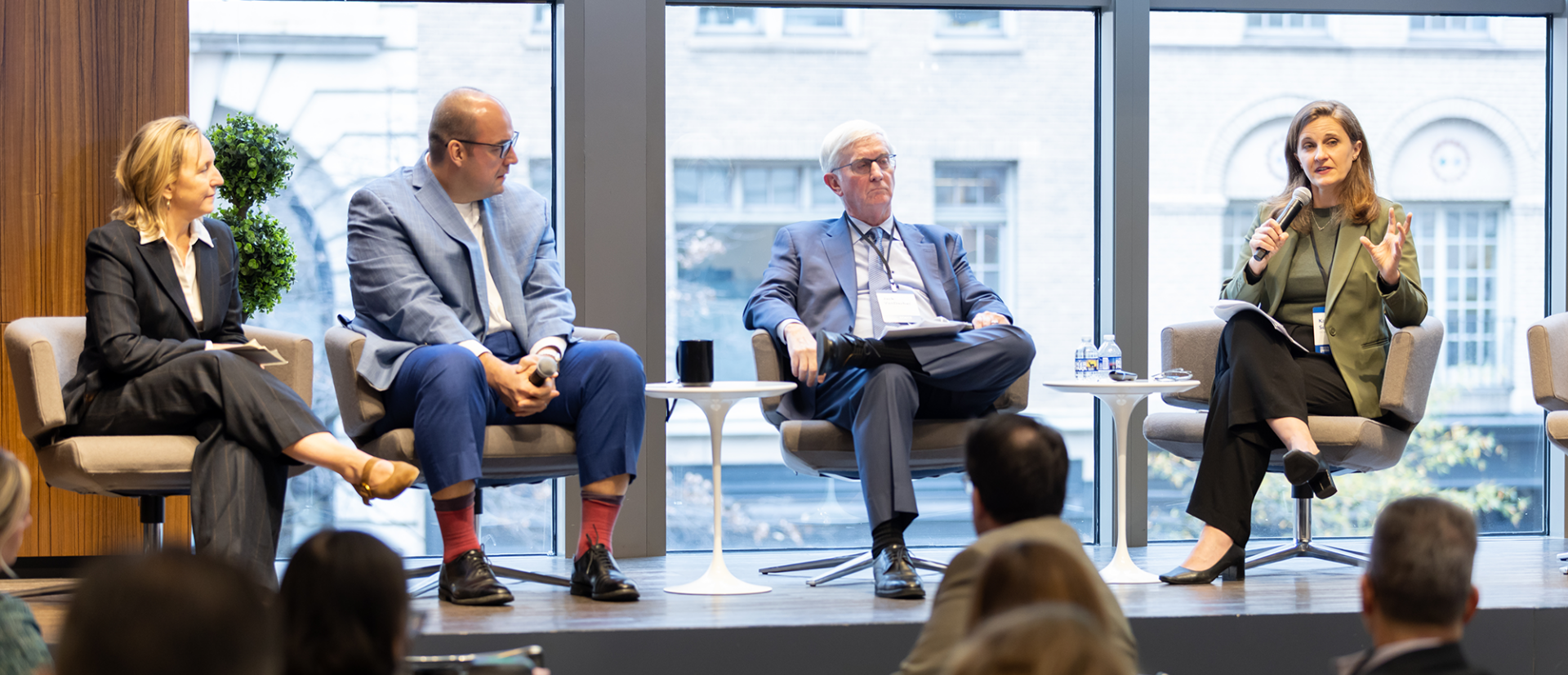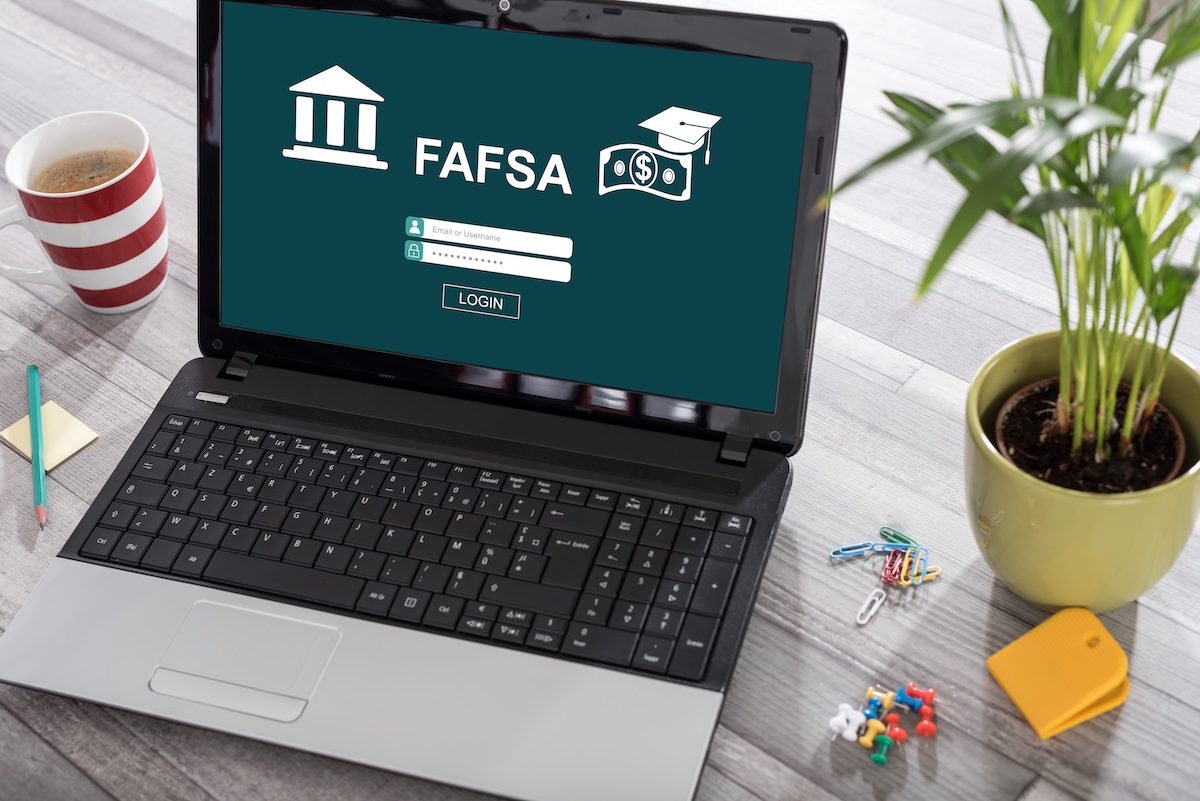Education Department Finalizes PSLF Rule Change


The U.S. Department of Education announced on October 30, 2025, that it will move forward with a final rule amending the Public Service Loan Forgiveness (PSLF) program – a major change to one of the government’s most consequential student loan forgiveness initiatives.
The rule follows Executive Order 14235, signed by President Trump in March 2025, directing the Department to restore PSLF “to its statutory purpose” by excluding organizations engaged in unlawful or harmful activities from receiving indirect taxpayer subsidies. While this sounds practical on the surface, the definitions and implementation are concerning to borrowers.
Originally enacted in 2007 to encourage public service careers by forgiving student loans after 10 years of qualifying employment and payments, the PSLF program has long been criticized for administrative confusion, high denial rates, and shifting eligibility standards.
The Department says this rule “restores integrity” by ensuring forgiveness benefits only those working for lawful public service organizations.
Under the new regulations, published in the Federal Register on October 31, 2025 (PDF File), the Department formally amends Section 685.219 of Title 34 of the Code of Federal Regulations. The new definition of a “qualifying employer” excludes organizations that engage in illegal activities such that they have a “substantial illegal purpose” .
The rule identifies specific types of illegal conduct that could trigger disqualification:
The Department will determine whether an employer has a “substantial illegal purpose” using a preponderance of the evidence standard. Final judgments, guilty pleas, or settlements admitting illegal conduct may serve as conclusive evidence.
Employers found ineligible can reapply after 10 years or seek to regain eligibility through a corrective action plan approved by the Secretary.
For current PSLF participants, the Department emphasized that the rule will not retroactively disqualify any previous payments or employment months. Borrowers will continue to receive credit up to the effective date of any employer’s disqualification determination.
However, after July 1, 2026, any borrower working for a disqualified employer will no longer accrue qualifying payments unless they change jobs. The Department will provide notifications to both employers and borrowers if an organization’s status changes and update the PSLF Help Tool database within 30 days of any determination .
Employers will be provided with notice and opportunity to respond during the determination process. However, this rule does not have a pathway for borrowers to appeal.
Public comments on the proposed rule, first published in August 2025, reflected a divided response. Of the nearly 14,000 comments submitted, supporters described the rule as a long-overdue safeguard to prevent taxpayer funds from subsidizing illegal activity. Critics, including advocacy and legal aid organizations, warned that the broad language could create confusion, chill lawful advocacy work, or inject political considerations into PSLF eligibility decisions.
The Department rejected claims that the rule is politically motivated or unconstitutional, asserting that the Higher Education Act grants broad authority to regulate Title IV loan programs. It also cited longstanding legal doctrines, such as the IRS “illegality doctrine”, as justification for denying benefits to organizations engaged in unlawful activity.
While acknowledging that some borrowers could lose PSLF access if their employers are later deemed ineligible, the Department said this outcome is outweighed by “the federal government’s interest in ensuring that taxpayer funds are not used to subsidize illegal conduct.”
In a joint statement by Protect Borrowers and Democracy Forward, “This is a direct and unlawful attack on nurses, teachers, first responders, and public service workers across the country. Congress created the Public Service Loan Forgiveness (PSLF) program because it is important for our democracy that we support the people who do the hard work to serve our communities. This new rule is a craven attempt to usurp the legislature’s authority in an unconstitutional power grab aimed at punishing people with political views different than the Administration’s. In our democracy, the president does not have the authority to overrule Congress. That’s why we will soon see the Trump-Vance Administration in court.”
The Department estimates that fewer than ten organizations per year will be affected by the rule. Most borrowers will see no change to their PSLF eligibility, provided their employers remain in good legal standing.
The rule marks one of the Trump Administration’s most significant reversals of the Biden-era PSLF expansions, which temporarily broadened eligibility through pandemic-era waivers. Those waivers, which counted previously ineligible payments, led to over 850,000 borrowers receiving PSLF forgiveness through 2024.
Borrowers in PSLF need to remember that no changes will happen until after July 1, 2026, at the earliest. Even then, there is a process that will have to happen before an employer is disqualified. And finally, qualifying payments cannot be taken away retroactively – it would only apply to future payments after the final date of determination.
Don’t Miss These Other Stories:

If your bills feel unmanageable, you aren’t alone. Recent reports found that 30% of people are less able to afford bills today than they...

Blog Posts Archives UnfavoriteFavorite February 20, 2026 Financial Security Program A collaboration of Aspen Institute Financial Security Program and the...

Colleges are navigating enrollment pressures, renewed federal oversight, and growing scrutiny around how families finance higher education. This week’s developments...